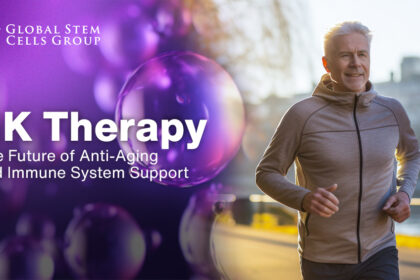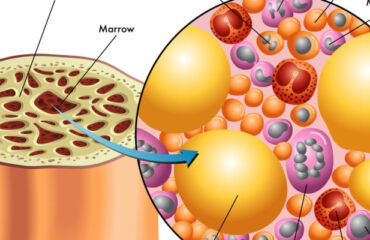
NK cells are a crucial part of the innate immune system. They are responsible for detecting and destroying cells that are infected with viruses or have become cancerous. Their ability to recognize stressed cells in the absence of antibodies and MHC, which marks them for destruction, makes them unique.
What is NK Therapy?
NK therapy involves the infusion or stimulation of NK cells to enhance the body’s natural immune response. This therapy can be autologous (using the patient’s own cells) or allogeneic (using cells from a donor). The goal is to increase the number and activity of NK cells to fight diseases and improve overall health.
Mechanisms of NK Cell Activation
NK cells can be activated by cytokines, such as IL-2 and IL-15, which enhance their proliferation and cytotoxic activity. Understanding these mechanisms is essential for optimizing NK therapy protocols.
NK Therapy and Aging: An Overview
Aging is associated with a decline in immune function, known as immunosenescence. NK therapy aims to counteract this decline by replenishing and activating NK cells, potentially slowing down the aging process and improving health span.
The Role of NK Cells in the Immune System
NK cells are involved in the early defense against infections and tumors. They produce cytokines that regulate the immune response and work synergistically with other immune cells to maintain homeostasis and protect against diseases.
Clinical Applications of NK Therapy
NK therapy has been explored in various clinical settings, including cancer treatment, viral infections, and autoimmune diseases. Its applications are expanding as research uncovers more about the therapeutic potential of NK cells.
Benefits of NK Therapy for Anti-Aging
- Enhanced Immune Function: By boosting NK cell activity, the immune system can more effectively combat infections and malignancies.
- Reduction in Age-Related Diseases: NK therapy may help reduce the incidence of diseases that commonly increase with age, such as cancer and viral infections.
- Improved Skin Health: NK cells can target senescent cells, which accumulate with age and contribute to skin aging.
How NK Therapy Enhances Immune Function
NK therapy enhances immune function by increasing the number and activity of NK cells, which are pivotal in recognizing and destroying infected or cancerous cells. This boost in immune surveillance can lead to better overall health and disease resistance.
Research and Development in NK Therapy
Ongoing research aims to optimize NK cell expansion, activation, and delivery methods. Advances in genetic engineering and biomanufacturing are also being explored to enhance the efficacy and safety of NK therapy.
Comparing NK Therapy with Other Anti-Aging Treatments
While traditional anti-aging treatments focus on cosmetic improvements, NK therapy addresses aging at the cellular level, potentially offering more profound and long-lasting benefits. It complements other treatments by targeting the root causes of aging.
The Future of NK Therapy in Medicine
The future of NK therapy looks promising, with potential applications in a wide range of diseases beyond aging and immune support. Advances in personalized medicine and biotechnology are expected to enhance the effectiveness of this therapy.
Conclusion: The Promise of NK Therapy
NK therapy represents a novel and promising approach to anti-aging and immune system support. By harnessing the power of natural killer cells, this therapy offers a new frontier in medicine, with the potential to improve health outcomes and quality of life.




